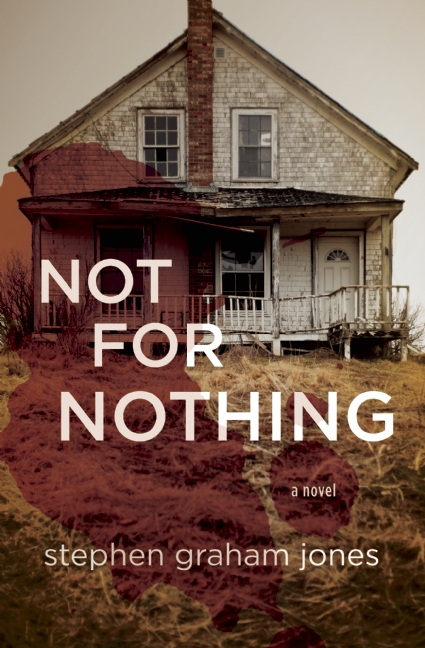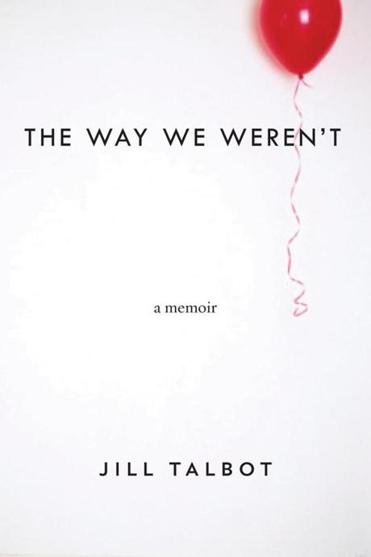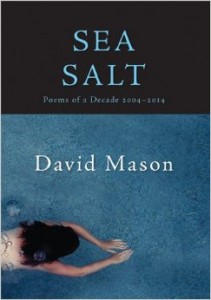Reviewed by C.L. Bledsoe
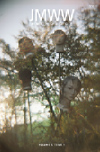
JMWW Anthology: Volume 6, Issue 1, 2012. 129 Pages + ads.
JMWW is a quarterly, online journal based in Baltimore. This is a print anthology of the best of the 2011 online issue.
JMWW reads submissions online through Submittable. They claim to respond in three months, but tend to be much quicker. No, I don’t know what the letters stand for.
A caveat: I’ve appeared in JMWW online once (not this anthology) with a review, but no ‘creative’ work. The fact of my one appearance hasn’t been through lack of trying; I’ve submitted work a few times and been rejected. So I wanted to read their ‘best-of’ to see what these other writers had that I don’t, so to speak. So that might make me appear biased against them. Also, I’ve met the editor/co-founder Jen Michalski and done a reading with her. So that might make me biased for them. So we’re even.
The anthology opens with “Girl in the Hall,” a nonfiction piece by Amy Bernhard. It begins as a late-teen love story but moves into issues of body-shame caused by religiosity. Having grown up in the Bible Belt, I found the scenario instantly relatable. Bernhard’s prose is clean and crisp; she captures aspects of the shift from sex as a playful thing, to a reality as the narrator “grows up”. It reads almost as fiction, with strong story-telling and just the right balance of analysis. This is part of JMWW’s efforts to build a nonfiction section, which they did by featuring a special nonfiction issue. Having been an editor for several years myself, I can say that it’s actually quite difficult to find consistently strong nonfiction, especially for an online literary journal, but JMWW did a great job.
“Leaving,” by William Black, is the first story, a great example of tight, clean prose. I was quite impressed by the simple fact that JMWW included a handful of long stories. Ridiculous as that might sound, when one considers the current clamor for flash fiction, it’s refreshing to sit back and read a nice long piece by a writer who knows how to tell a story. Though JMWW does have a mix of long stories, flash, and poetry, just going by page count, it’s a little light on poetry, which is certainly not a criticism.
One of the standout poems is “Your Mother,” by Adam Peterson, which plays with the Dozens (‘your mother’ jokes) while also commenting on American history in a humorous way. It begins, “Your mother is so American her stripper name is Manifest Destiny.”
What becomes really apparent when reading this anthology is the quality of the writing. It mixes straight narrative with surreal pieces (like Heather Fowler’s “Suspended Heart” which reminds, a tad, of a Marquez story) with humor and, most commonly, love stories. There’s a strong Baltimore link, which is only to be expected. JMWW isn’t trying to impress the reader with gimmicky writing or even, necessarily, recognizable names; though I do recognize a couple of the names, considering that this is an anthology of a year’s worth of material, they easily could’ve padded it. (You might say – yeah but maybe they didn’t publish any ‘names’, to which I would reply that all one has to do is solicit said ‘names,’ and they will often send some of their B-material, or maybe even B+, which is what plenty of journals do.)
So, it seems that the reason JMWW has rejected me so often is because I haven’t sent them strong enough work. Good to know.
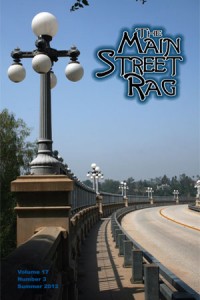
The Main Street Rag, Volume 17, Number 3, Summer, 2012. 132 Pages.
The Main Street Rag is a quarterly print journal based in Charlottle.
The Main Street Rag reads submissions online through their website. Submissions are read and responded to within 3-6 weeks.
I’ve read and reviewed quite a few books published by Main Street Rag Press (which I cannot say enough good things about), but I admit that this is the first time I’ve actually read the journal.
This issue began, surprisingly, with a letters to the editor section called Feedback. It’s nice to see the interaction between the publisher and readers, and subtly legitimizes the journal, right off the bat. The issue includes an interview and novel excerpt, several book reviews, photography, fiction, and poetry. The poetry is mostly narrative, mostly fairly straight-forward structurally, though hard-hitting, emotionally rich stuff. Certain themes are apparent: the loss of a child; questioning of accepted wisdom, such as religious beliefs; disillusionment of the vapidity of American culture. Layout-wise, at times two poems will appear on the same page.
“Sunnyside Manor,” by Alice Kociemba, is a troubling portrait of a daughter caring for her mother:
I hated the undressing
lifting the dead weight
swinging the legs
lowering her into the water
These acts one (who has never experienced them) might consider acts of love become tedious. She continues:
Those scaly feet
those cottage cheese legs
and droopy breasts,
the smell of yeast rising.
Quick swab of the folds below.
Shampoo the gold-grey hair,
hear the yell—my eyes!
What’s troubling about this is the fact of the narrator’s anger and resentment, which is left lying like a crack in a window to trouble the reader. It’s obvious that she’s guilty, or else she wouldn’t have written the poem, but wouldn’t any of us feel that same resentment?
There’s quite a lot of poetry and several standout pieces: “Watching Gregory Peck Eat a Fig in France,” by Mary E. Martin, Ron Self’s “Trio for Unaccompanied Fried Chicken,” Nancy Shires’ portrait of working class life in “Extra Ordinary.”
The journal certainly includes a great deal of poetry, but there’s a solid inclusion of well-rendered, powerful working class fiction, and, again, MSR includes some nice, long stories. Perfect to sit back, relax, and enjoy.
The penultimate section includes commentary by the editor, M. Scott Douglass, on some changes to the editorial policy (accepting exclusively email submissions and some blowback they’ve received because they won’t consider simultaneous submissions), some political commentary, etc., finally concluding with a swath of excellent reviews.
Overall, the tone of the journal is towards working-class life – though the struggle to pay the rent doesn’t preclude examinations of self – and clear, accessible poetry. I expected more of a focus on Southern writing, and it’s there, a bit, but it’s not pervasive. I was a little surprised that there wasn’t a single piece of flash-fiction, though I didn’t miss it. Again, one might not recognize a lot of ‘name’ writers, but that doesn’t mean anything.
CL Bledsoe is the author of the young adult novel Sunlight; three poetry collections, _____(Want/Need), Anthem, and Leap Year; and a short story collection called Naming the Animals. A poetry chapbook, Goodbye to Noise, is available online at www.righthandpointing.com/bledsoe. Another, The Man Who Killed Himself in My Bathroom, is available at here. His story, “Leaving the Garden,” was selected as a Notable Story of 2008 for story South‘s Million Writer’s Award. His story “The Scream” was selected as a Notable Story of 2011. He’s been nominated for the Pushcart Prize 5 times. He blogs at Murder Your Darlings. Bledsoe has written reviews for The Hollins Critic, The Arkansas Review, American Book Review, Prick of the Spindle, The Pedestal Magazine, and elsewhere. Bledsoe lives with his wife and daughter in Maryland.

